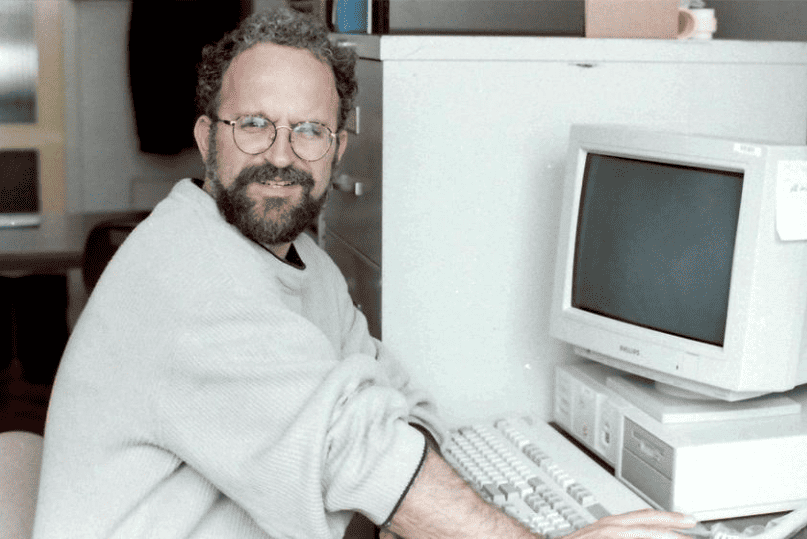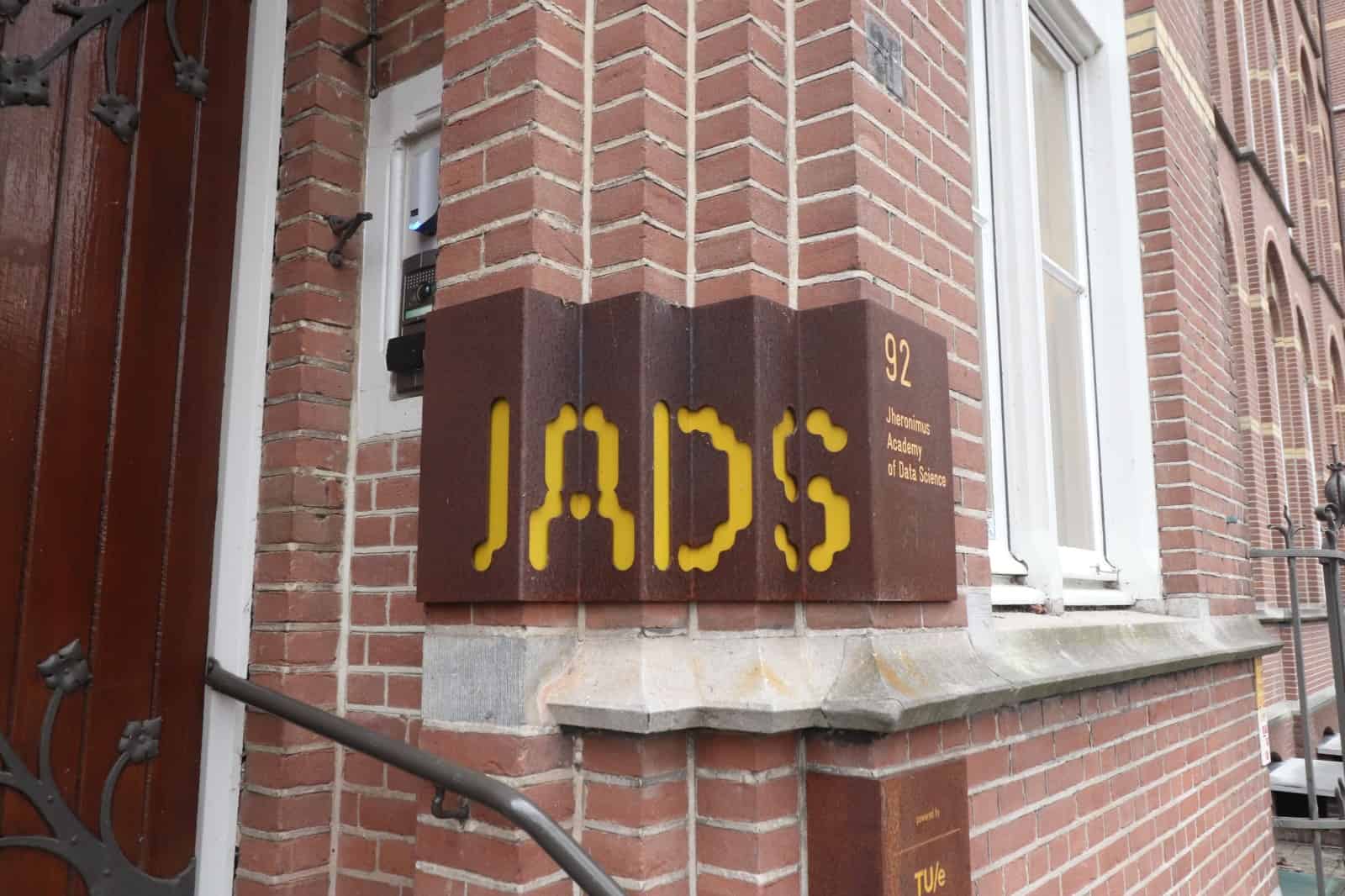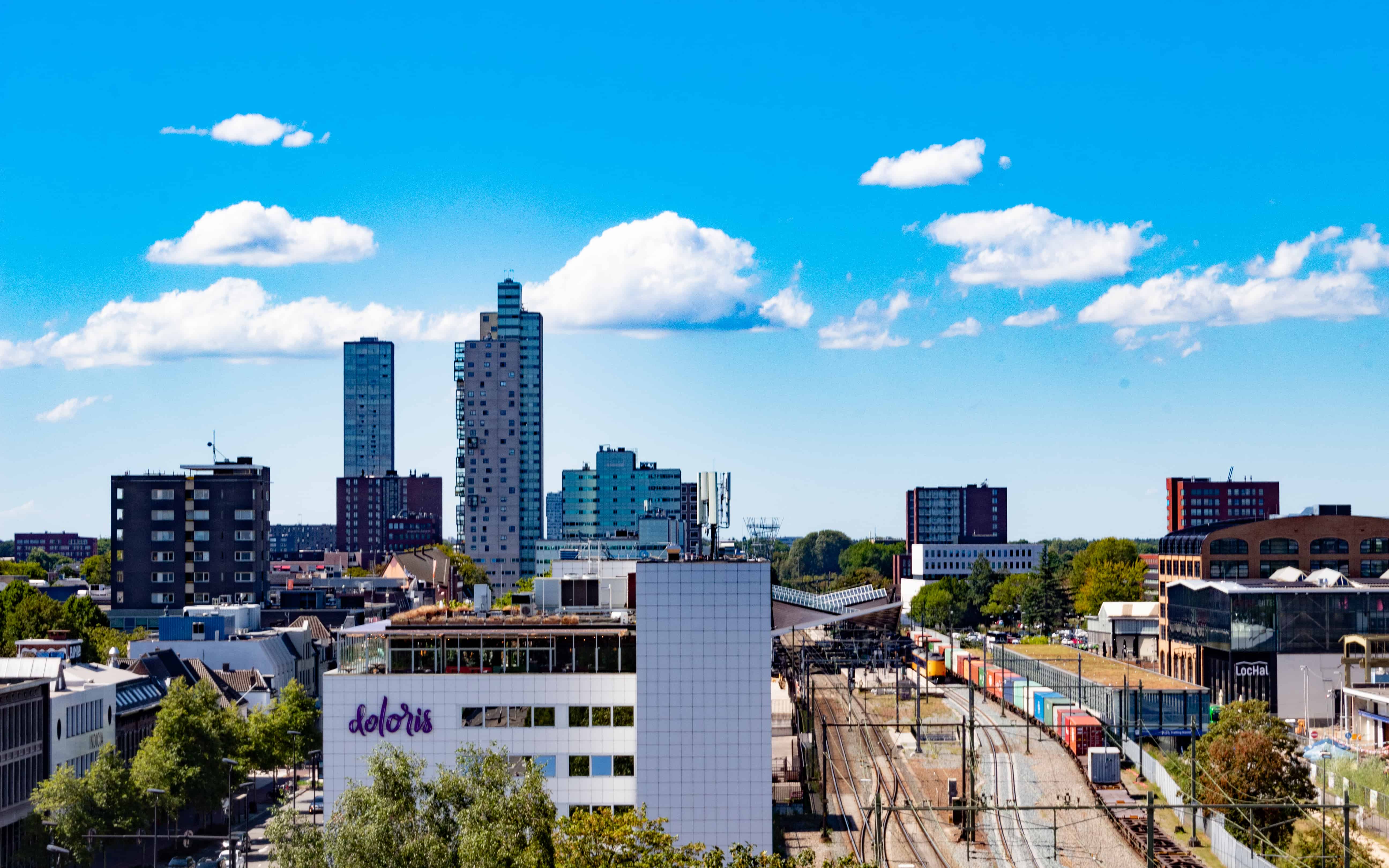
ENZuid is committed to creating a circular economy. That’s why, in four portraits, we are letting four entrepreneurs who are working hard to achieve this speak for themselves. Today: Gé Moonen.
In 2007, when Gé Moonen took over Moonen Packaging, a wholesaler of packaging materials, one thing was crystal clear to him. He wanted to turn the family business into a sustainable company. He has succeeded admirably so far: in 2011, Moonen Packaging was voted the ‘greenest company’ in the region. Despite that award, he still chose a different path and sold the family business back in 2019. Today, he is chair and ambassador of Keyport, a partnership between companies, governments and educational institutions in the Noord-Brabant municipality Cranendonck and the Central Limburg region in the Netherlands, and puts his heart and soul into passing on his knowledge of sustainable business to others.
How did you come up with the idea of doing business in a sustainable way back then?
The business began more than 65 years ago on a fairly modest scale. “We were basically a grocery store supplying the things that everyday people and small business owners needed,” Moonen sketches the circumstances at the time. “When I took over the business from my father in 2007, I was in my mid-thirties. And I thought: how will I look back on my life when I’m old? How will my grandchildren think about me? Then I wouldn’t want to be remembered only by the amount of money I made.”

Packaging at the time involved a huge amount of plastic. Such as disposables: trays, coffee cups and stirrers which, after a short period of use, ended up in the waste bin and then in the incinerator. At the time it was a matter of: ‘Burn it and be done with it.’ But all those plastic products were made from petroleum, which took hundreds of millions of years to form in nature, and which we then threw away after just 10 seconds. At the time, hardly anyone had heard of circular economy, but I thought: there must be another way, right? How can we make our products more sustainable? In ways where production and usage are more in balance?
At the time, Moonen Packaging was one of the largest packaging companies in the Netherlands. From that moment on though, I only wanted to sell products that needed no more than one year to source the raw material. That’s how we ended up with sugar cane and tapioca. These are crops that are widely cultivated in Asia for paper production, but where nothing is done with the waste streams. We used them as raw materials for our products, such as trays and cups for coffee. In addition to being 100% sustainable, these products were also fully compostable: circular, in other words.”
How did you get your employees on board in that transition?
“We’ve been constantly talking about that -how are we going to do that? That is also the beauty of the sustainability virus. Once you’re caught by it, it doesn’t let go of you either. We started thinking of more and more things that we could do in a more sustainable way.”
What results have you achieved with this? Not only in terms of reducing CO2 but also social impact?
“In recent years, 25 percent of our sales have been in renewable fuels. In other words, 100 percent are basically waste in the so-called ‘secondary stream.’ After all, the sugar cane that served as raw material for our packaging materials was not planted for us. By doing so, we not only managed to reduce CO2 emissions by 40,000 tonnes per year, but we also initiated the recycling of just about anything you see in disposables these days. Such as the cardboard trays that supermarkets use to package meat nowadays, but also cardboard cups with a bioplastic coating. Cardboard was already being recycled back then, but plastic wasn’t yet.”
“As time went by, I was also being asked more and more often to give presentations. At schools, but also with companies that wanted to work with sustainability.””
How do you apply the insights that you have gained as an entrepreneur to your current role at Keyport?
“I would like to share my knowledge. We do that at Keyport through collaboration with a whole host of different parties: in addition to companies, schools and educational institutions, financial institutions as well as the government. I want to pass on my knowledge of entrepreneurship. I also have thirty years of experience in sustainability.”
“The lack of knowledge about circularity is still a problem: the level of knowledge really needs to be raised! Instead of teaching theory, I would rather focus on inspiration sessions: how do you get people enthusiastic about circular entrepreneurship? I mainly look for opportunities. For example, how could all those agricultural businesses in Limburg serve as a raw material supplier for the chemical industry? That is also the message of circular economy: don’t look at what can’t be done, but think in terms of opportunities!”
What, if anything, needs to happen for the circular economy to become more mainstream?
“With Keyport, we are not only joining forces on a regional level, but also on a national and international one. An example is the Circular Economy Limburg task force, which we use to boost the circular philosophy in Limburg together with employers’ organizations, the province, the regional development company LIOF and other triple helix organizations.”
“The point of a circular economy is to gather all those splinter groups together, so that together they form a club. When I look at the plans of the new cabinet, I think: they are fine plans, but they can be much better! Stop making excuses and go big. If there are alternatives, why not use them? Circular economy is more than simply making a dent: it’s also allowed to hurt a little bit.”
You can also read the other articles in this series here:
Jacqueline Cramer: ‘Circular economy calls for network governance’
Wim Twigt: ‘‘Anything you don’t tear down, you won’t have to build all over again’
Photo: Moonen Packaging Weert.







